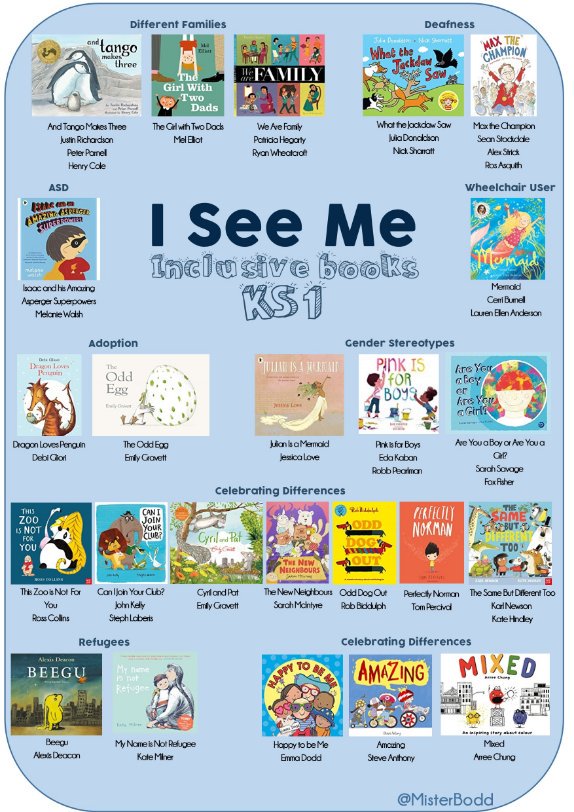SEND

At Pleasant Street Primary School we have high expectations for all our learners and we aim to provide every child with equal opportunities to access a broad and balanced education. This includes the Foundation stage and National Curriculum in line with the Special Educational Needs and Disability Code of Practice (2015).
At Pleasant Street we aim to:
- To create an ethos and educational environment that is person centred and has the views and needs of the pupil at its heart along with their families/carers.
- To develop self-esteem, promoting a positive self-image and a “can do” culture to prepare them for the next stage in their education and make a successful transition to adulthood.
- To reflect the Code of Practice (2015) in stating that teachers are responsible and accountable for the progress and development of the pupils in their class, including where pupils access support from teaching assistants or specialist staff. (p99, para 6.36). “Every teacher is a teacher of every child or young person including those with special educational needs or disabilities”.
- To fully adopt the graduated approach to ensure that all pupils with special educational needs and/or disabilities are identified early, assessed and catered for within the school with high expectations for the best possible progress.
- To work within a ‘person centred approach’ fostering and promoting effective working partnerships with children, parents/carers and outside agencies.
- To encourage the participation of children and parents in the decision making and the planning and review of outcomes with regard to their provision.
- To clearly identify the roles and responsibilities of school staff and the Governors in providing an appropriate education for pupils with special educational needs and/or disabilities.
- To enable full access for children with SEND to all aspects of the school curriculum and the wider school life and activities thus developing positive self-esteem with a long term goal of independence and preparation for adulthood.
All enquiries regarding SEND will be forwarded to the school SENDCO: Mrs Leong
They can be contacted via the main school email address pleasant-ao@pleasantstreet.liverpool.sch.uk or the school telephone number 0151 709 3802
Although there is a speech and language resource provision housed in Pleasant Street Primary School, please note that only children placed in a language base by the SLCN Panel can access the language base. Children attending the mainstream setting can not access the specialist support or the specialist teaching staff.
SEND Support and the Graduated Approach
Liverpool has introduced the SEND Graduated Approach Handbook which guides educational settings on the expectations and guides them on how to identify, plan and deliver support and provision to meet needs of children and young people as stated in the SEND Code of Practice: 0-25 years and our expectations when working with parent/carer’s and children/young people in a person-centred approach. The Handbook should not be read in its entirety but in sections when support is needed.
Documents:
Websites:
MENCAP – Mencap is the UK’s leading learning disability charity working with people with a learning disability and their families and carers.
YoungMinds – Young Minds offer free, confidential online and telephone support, including information and advice, to any adult worried about the emotional problems, behaviour or mental health of a child or young person up to the age of 25.
British Dyslexia Association – The BDA is the voice of dyslexic people. Our vision is that of a dyslexia friendly society that enables dyslexic people to reach their potential.
Hypermobility Syndrome Association – Hypermobility Syndrome Association provides specific information for children and their parents to help families who often just don’t know where to turn. We run specialist family programmes, where families can learn together how best to manage the many symptoms relating to hypermobility, gain confidence and ask any questions they may have.
Further Speech and Language Information – A useful website that provides more information on Speech and Language development.
Primary School Health Website – This NHS website provides lots of information about medical care and services.
Books:
The selection of books below were collated by a teacher on Twitter called @Misterbodd, we thought they would be useful for children or parents looking for books relating to certain topics including SEN. Click on the images to see larger versions.









